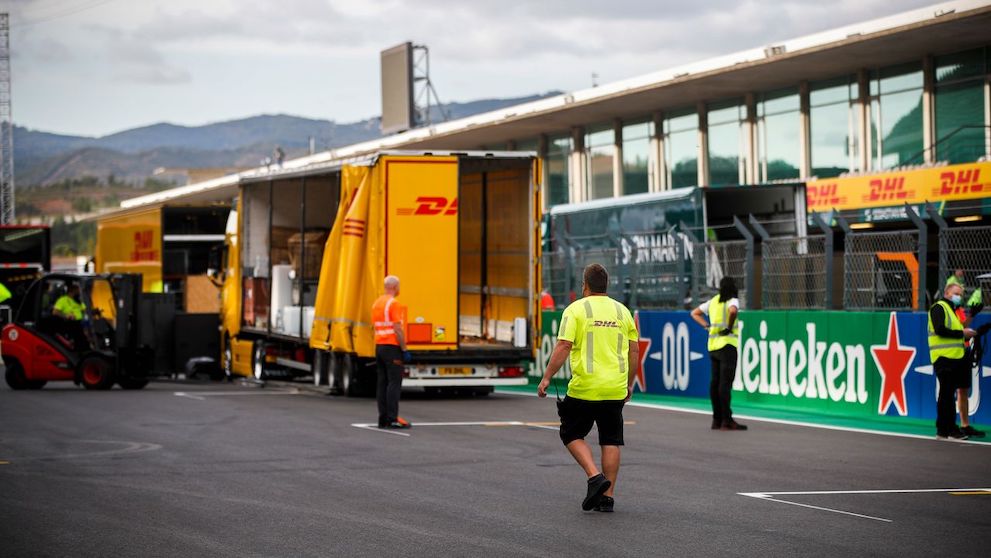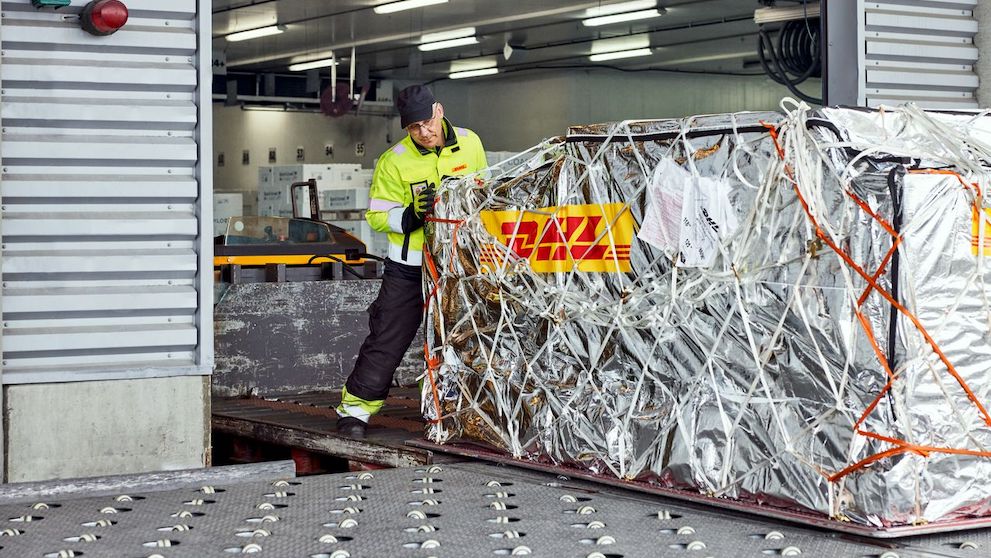Many businesses rely on importing goods and materials from suppliers in order to keep their shelves stocked and their doors open. However, the import process can be complex and time-consuming, which is why it's important to have a well-thought-out strategy in place.
In today's global market, importing goods and services is crucial for many businesses. According to findings from the 2022 DHL Export Barometer Report, two-way trade is on the rise, with 88% of Australian export businesses bringing in imports from mainly China, North America and Europe. While a successful importation strategy can make your business more competitive, help you source new products and services, as well as provide opportunities to enter new markets, imports can also be costly and bureaucratic.
However, by understanding the potential risks and opportunities associated with importing, as well as how to take advantage of available import financing options, businesses can save time and money while still getting the products and materials they need. In this article, we'll give you some tips on how to optimise your business' import strategy.
How to start an import business
The 2022 DHL Export Barometer Report found that larger businesses that have been exporting for longer periods of time were the biggest drivers of two-way trade, with mining and manufacturing businesses the most likely to be bringing goods in. If you are an export company, starting an import business can be a great way to engage in two-way trading and open markets to more successful industries.
That being said, it is important to have a solid import strategy and marketing plan in place before getting started. This will involve research into potential suppliers, shipping routes, and customs regulations. You'll also need to create a business plan and secure the necessary financing. Once you've established your import business, you'll need to build strong relationships with your suppliers and customers, as well as keep up with the industry trends and developments. With exceptional ideation, careful planning and execution, an import business can be a successful and rewarding venture.
3 ways to optimise your import strategy
It is no surprise that many businesses are looking to expand their operations internationally in our highly-globalised economy. For businesses in Australia, this often means importing goods and services from overseas. While imports can bring many benefits to a business, such as increased profits and a wider range of products to offer customers, it’s important to ensure that your import strategy is optimised in order to minimise costs and maximise efficiency.
1. Know your tariffs and keep track of your Goods and Services Tax (GST)
In addition, you will need to pay GST on imported goods for your business in Australia. The current GST rate is 10%. However, if your goods are worth less than AU$1,000, you may be eligible for GST exemption. Be sure to keep track of your GST so that you can claim it back if necessary.
2. Stay up-to-date on trade regulations
An important aspect of having a successful import business is staying up-to-date on trade regulations. The rules and regulations surrounding imports are constantly changing, so it's important to have a team in place that is dedicated to keeping up with the latest updates. This includes changes to free trade agreements, customs regulations, taxation rules, and quotas or tariffs that may be introduced by the government. Keeping abreast of these changes will help ensure that your import strategy remains compliant with all relevant regulations and avoid any costly mistakes.
3. Build strong relationships
Establishing good relationships with your suppliers is another key way to optimise your import strategy. Open communication will help ensure that there are no surprises along the way and that everyone is aware of their roles and responsibilities. Additionally, building strong relationships with your suppliers can allow you to negotiate better terms and get access to exclusive deals that aren’t available to other buyers. You may also be able to take advantage of early payment discounts or extended payment terms, which can help improve your bottom line.
















































